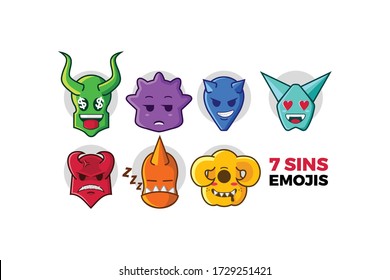

To play it safe, make sure that your go-to sources for information and shopping are investigating the claims of each product they sell in their stores. Worshiping False Labels: Implying that a product has a third-party endorsement or certification that doesn't actually exist, often through the use of fake certification labels.Īs the TerraChoice study highlights, greenwashing is rampant, which makes it difficult to know who to trust. Fibbing: Advertising something that just isn't true (i.e., claims to be Energy Star Certified, but isn't).ħ. Lesser of Two Evils: Claiming to be greener than other products in its category when the category as a whole may be environmentally unfriendly (i.e., an organic cigarette may be greener, but, you know, it's still a cigarette).Ħ. Irrelevance: Stating something that is technically true but not a distinguishing factor when looking for eco-friendly products (i.e., advertised as “CFC-Free"-but since CFCs are banned by law this is unremarkable).ĥ. Vagueness: Using terms that are too broad or poorly defined to be properly understood (i.e., an “all-natural" cleaner may still contain harmful ingredients that are naturally occurring).Ĥ. No Proof: Making an environmental claim without providing easily accessible evidence on either the label or the product website (i.e., a light bulb is touted as energy efficient with no supporting data).ģ.


Hidden Trade-Off: Labeling a product as environmentally friendly based on a small set of attributes (i.e., made of recycled content) when other attributes not addressed (i.e., energy use of manufacturing, gas emissions, etc.) might make a bigger impact on the eco-friendliness of a product as a whole.Ģ. and Canada, finding that more than 95 percent of these products were guilty of at least one of what they call:ġ. In a 2010 study, TerraChoice investigated the claims of 4,744 “green" products carried in stores across the U.S. Greenwashing occurs from national ad campaigns down to labels on the products you buy everyday. Many people are aware of the high profile instances ( BP after the oil spill, anyone?), but the practice isn't limited to corporate makeovers. When a company misleads its customers about the safety or environmental impact of its products or practices, it's called greenwashing. Unfortunately, many companies have also noticed that it's much cheaper to claim to have environmental, health or safety standards than it is to actually live by them. This is great news for the eco-friendly consumer, as companies are scrambling to offer greener versions of their products to meet demand.

How to make sure your “all natural" products are the real dealįrom organic mattresses to reusable shopping bags, it's undeniable that “going green" is one of the fastest growing trends out there today.


 0 kommentar(er)
0 kommentar(er)
